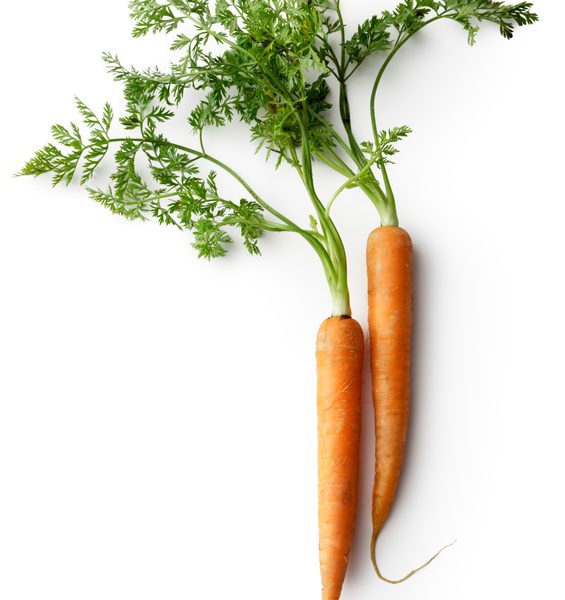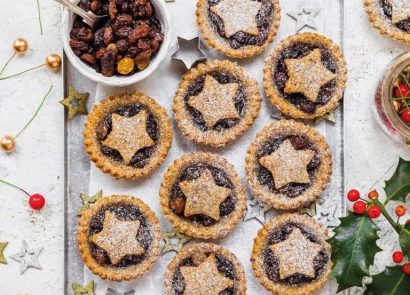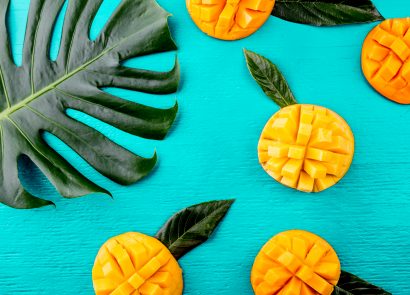You’ve smashed every gym class and can’t remember a time when you could walk without wincing but the lean physique you’ve been spinning for doesn’t seem to be there. So, what gives? The answer could lie in your kitchen.
Although upping those 4kg dumbells will help you to shed fat and build lean muscle mass, your plate needs to work just as hard to get the results you’re sweating for. With diet accounting for 65 percent of what you need to get in shape, fuelling your body with the right proteins, fats and vitamins is vital to achieving a healthy body inside and out.
If there’s one person who understands the importance of clean eating, it’s James Duigan. As personal trainer to the stars and founder of Bodyism (bodyism.com), James is also the author of best-selling book Clean & Lean Diet: 14 Days to Your Best-ever Body (amazon.co.uk ). Here he tells us how we can overhaul our diet and get the body we’ve always wanted.
-
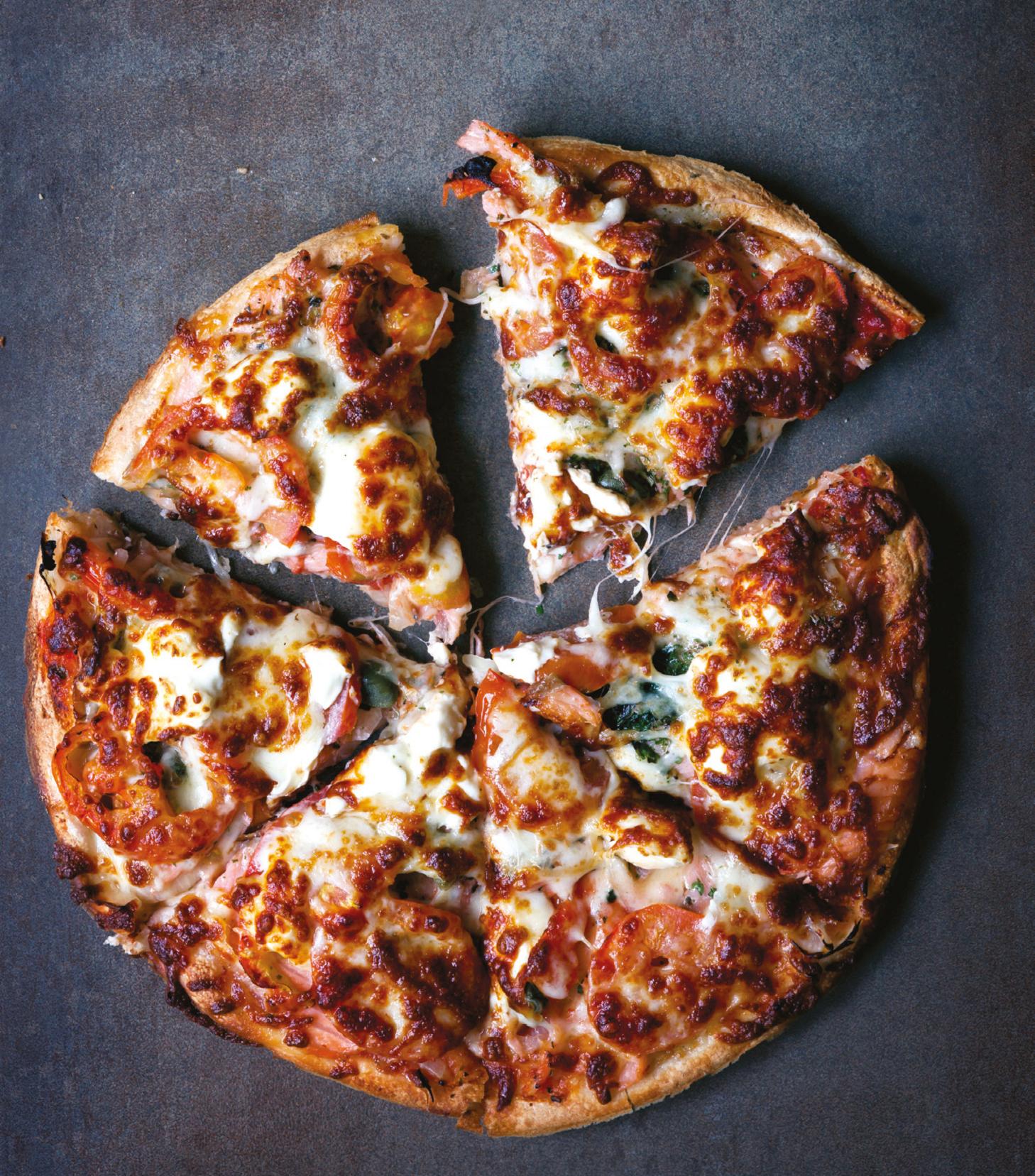 RULE #1 CUT THE C.R.A.P
RULE #1 CUT THE C.R.A.P Caffeine
The mere thought of a caffeine-free day may send shivers down your spine, but it also gives your adrenal glands the same reaction. That trusty cup of Joe stresses our nervous system and overloads our bodies with toxins, making it harder to shift excess fat.
Refined sugars
It may sound like an obvious one, but refined sugar is one of the main culprits for weight gain, particularly around the tummy. Avoiding cakes, pastries and biscuits goes without saying, but also look for hidden sugars in cooking sauces and low fat options.
Alcohol
As tempting as that glass of Merlot is after a hard day, its antioxidants don’t outweigh its high sugar and toxin content. And if that wasn’t enough, it also disrupts your hormones, making it harder to lose fat and uncover those lean muscles.
Processed food
It’s a term that’s used frequently, but what does ‘processed’ really mean? In short, it’s food that has been altered from its natural state – for example, crisps don’t look like potatoes, so we should stay well clear. If it didn’t swim, run, fly, or grow in the ground or on a tree, you probably shouldn’t be eating it.
-
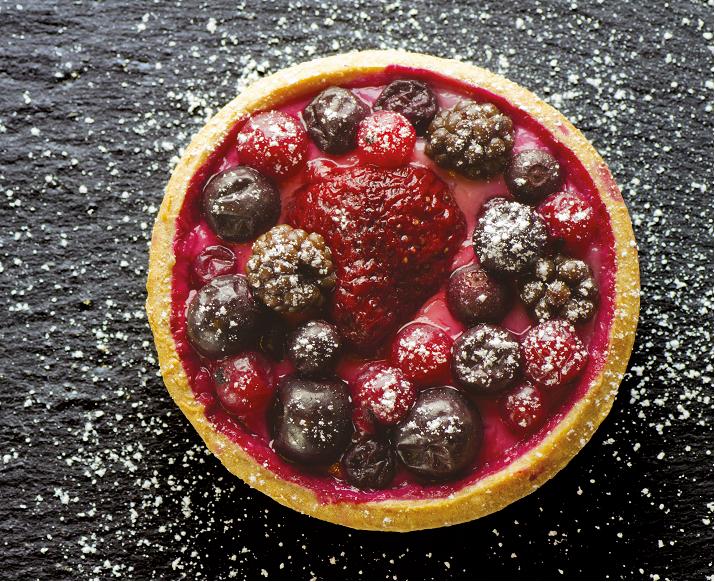 RULE #2 DE-STRESS YOUR FRIDGE When we’re frightened, angry, tense or worried, our bodies become flooded with adrenalin and cortisol (stress hormone). The adrenaline keeps us alert and focused, while the cortisol prepares our muscles for a ‘fightor- flight’ response. It also helps the body to release sugar into the bloodstream for instant energy which can also lead to weight gain. It’s not just stress that makes you stressed, the wrong type of food does too, because it releases sugar into the bloodstream too quickly. Make these stress-reducing foods and supplements part of your diet:
RULE #2 DE-STRESS YOUR FRIDGE When we’re frightened, angry, tense or worried, our bodies become flooded with adrenalin and cortisol (stress hormone). The adrenaline keeps us alert and focused, while the cortisol prepares our muscles for a ‘fightor- flight’ response. It also helps the body to release sugar into the bloodstream for instant energy which can also lead to weight gain. It’s not just stress that makes you stressed, the wrong type of food does too, because it releases sugar into the bloodstream too quickly. Make these stress-reducing foods and supplements part of your diet:
FBerries are packed with vitamin C, which helps the body to deal with stress. Plus, they’re full of fibre which helps to regulate blood-sugar levels. Have a handful of berries with your breakfast.- Dark green vegetables help to replenish the body with vitamins in times of stress. Have these with every meal if you can (even breakfast), but make sure they’re organic.
- Turkey contains an amino acid called L-tryptophan, which releases serotonin (a calming, feel-good hormone) into the body. Keep it clean and lean by choosing skinless and organic.
- Sweet potatoes will satisfy a carb craving, but contain more fibre and vitamins than their white counterparts.
- Avocados contain good fat and potassium which can lower your blood pressure and, therefore, stress levels. Have half an avocado on its own as a snack or with oatcakes for a delicious stressbusting breakfast.
- Nuts help boost a battered immune system, plus they’re full of B vitamins, which help to lower stress levels. Stick to a handful a day.
-
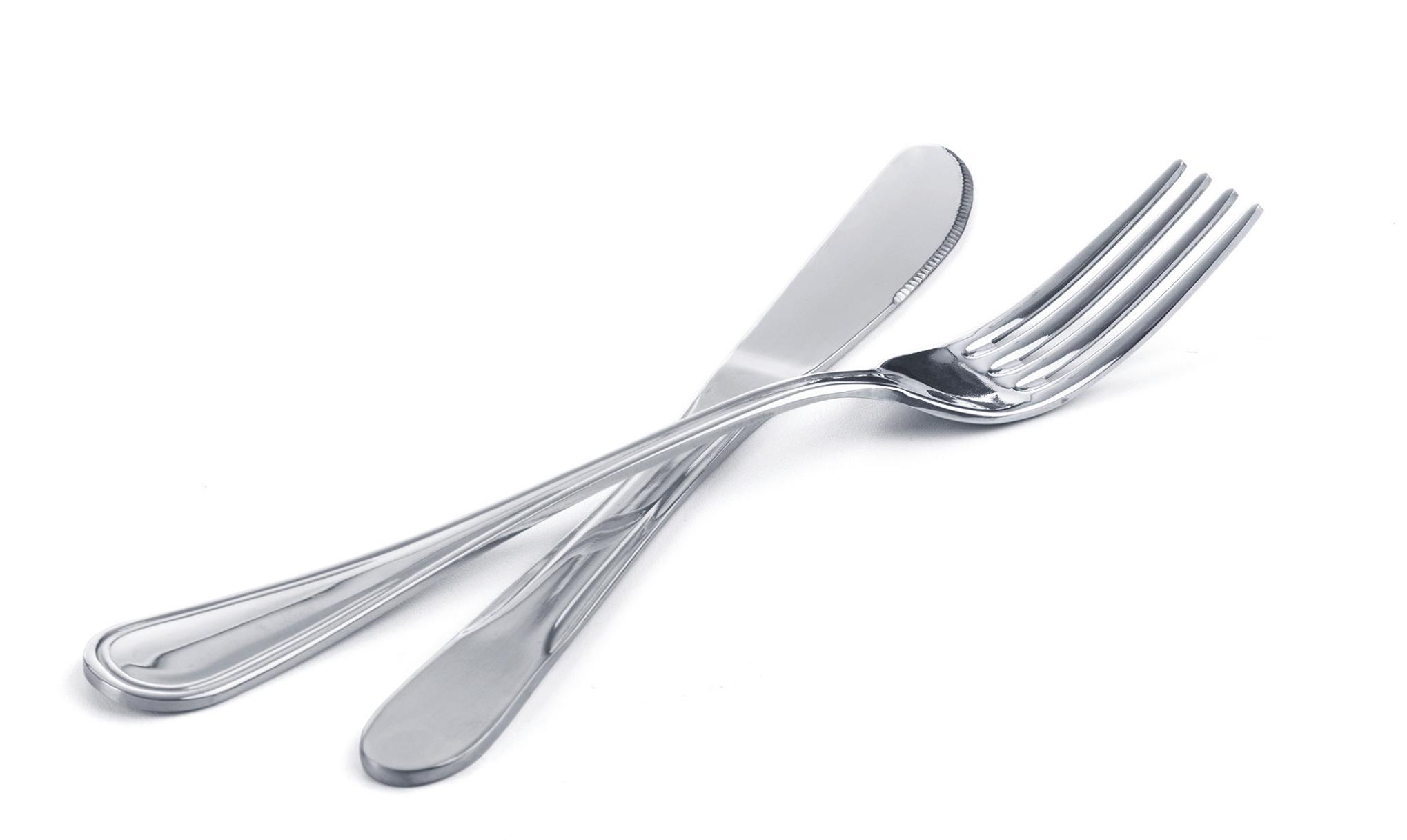 RULE #3 CHANGE THE WAY YOU EAT Now that your fridge is stocked with delicious, calming ingredients, it’s time to start thinking about how you eat and those day-to-day habits that go unnoticed. Rushing meals or skipping them altogether can be detrimental to reaching your fitness goals and sends your body into panic mode. Introducing a mindful way of eating can help you to build a better relationship with food and recognise what your body needs.
RULE #3 CHANGE THE WAY YOU EAT Now that your fridge is stocked with delicious, calming ingredients, it’s time to start thinking about how you eat and those day-to-day habits that go unnoticed. Rushing meals or skipping them altogether can be detrimental to reaching your fitness goals and sends your body into panic mode. Introducing a mindful way of eating can help you to build a better relationship with food and recognise what your body needs.Dos & Don’ts of Eating
- Do chew your food. Not only does it aid digestion, it also releases vitamins and minerals.
- Do breathe. Put your cutlery down and take a few breaths between each mouthful.
- Do stop when you’re full.
- Do make sure you’re drinking plenty of still water. When you’re stressed it’s easy to forget to stay hydrated.
- Don’t eat stressed. Only ever eat when you’re relaxed. If you’re stressed, wait until you feel calm before eating.
- Don’t be afraid to leave food on your plate. You can always have more later if you become hungry again.
- Don’t mistake stress for hunger. If you’re stressed you need to calm down, not eat.
- Don’t watch TV or do any type of work while you’re eating. Focusing on something other than your food can lead to overeating.
- Don’t swallow until your food is a watery paste.
-
RULE #4 FEEL NO GUILT It’s important not to deprive yourself. Schedule a cheat day once a week to give you something to look forward to without being too indulgent. If you eat some chocolate cake the worst thing would be to go around feeling guilty about it all day.
Instead enjoy every bite and continue to be healthy the next day.









